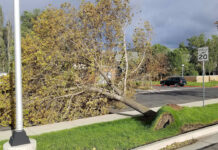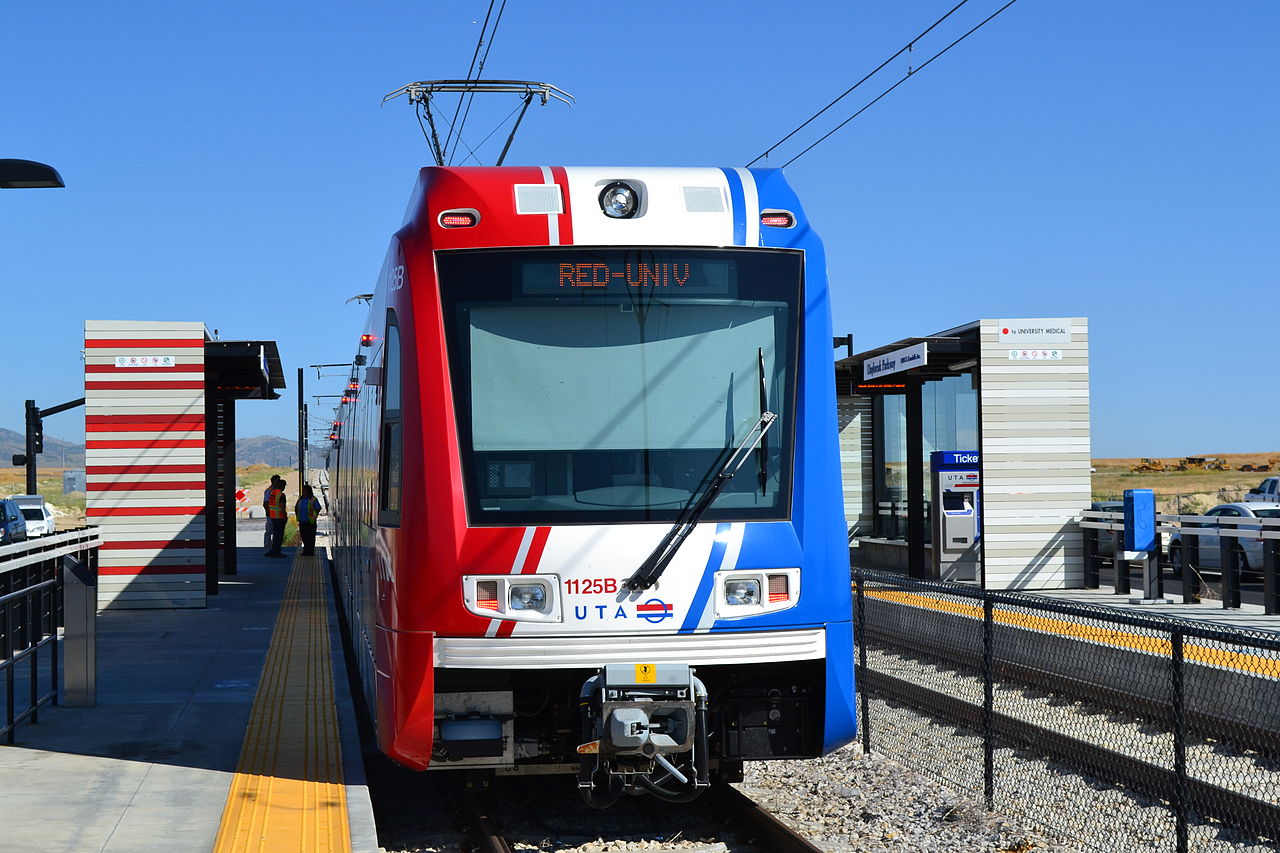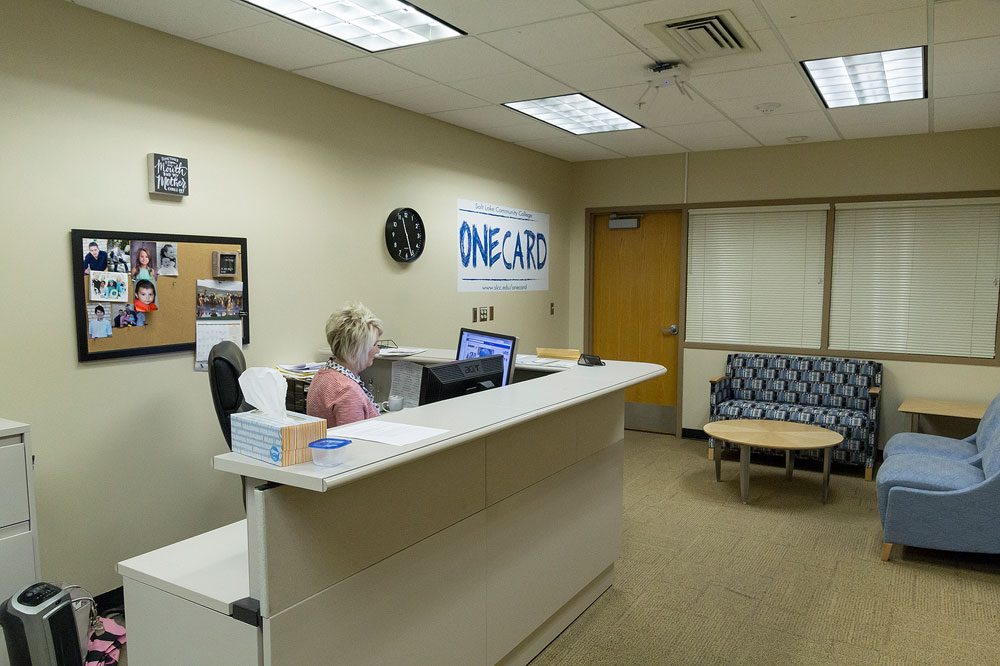There may be a way for SLCC students to receive free UTA passes, but it would come at the expense of those who chose to park on campus.
An initiative started by Professor Howard Ingle’s eco-psychology class proposes that the school raise parking fees, and in turn, offer students free UTA passes. Members of the class were at the Redwood Campus Student Center on Earth Day collecting signatures in support of the action.
“[SLCC] has the largest carbon footprint in the entire Wasatch Front,” said Ingle. “All the other universities provide free TRAX passes for their students, and their parking fees are higher than ours. We essentially are encouraging people to drive, but parking is a huge problem.”
This initiative follows a semester of overfull lots at many SLCC campuses and a winter of badly polluted air.
“The air is making people sick,” said Ingle. “It’s a major concern.”
The environment and parking aren’t Ingle’s only concerns. The initiative would also impact those who haven’t been able to afford transportation.
“There are poor students who receive Pell Grants to come to school, but they still can’t get here because UTA passes are expensive,” said Ingle.
This isn’t the first time Ingle has presented the idea.
A similar petition also circulated in 2011, but didn’t get enough student attention.
“A lot of students have the misconception that their voice doesn’t matter,” said Ingle. “But the student voice does have a lot of power. We have our recycling program because of students.”
In 2009, students signed a petition to add $1.50 to student fees in order to pay the wages of six part-time staff to collect recycling material from 14 different locations. That year, the college recycled 159,152 pounds of material. In 2012, that number increased to 687,466 pounds.
With the success of the school’s recycling program, Ingle hopes students will also get behind the initiative for free UTA passes and drive it to fulfillment. The amount of the possible fee increase is still vague, he says, but depending on how many people want it, it could be 15 to 20 dollars extra. He believes the benefits will far outweigh the costs.
“We’re saving the college money, and we’re saving the environment at the same time,” said Walker.






